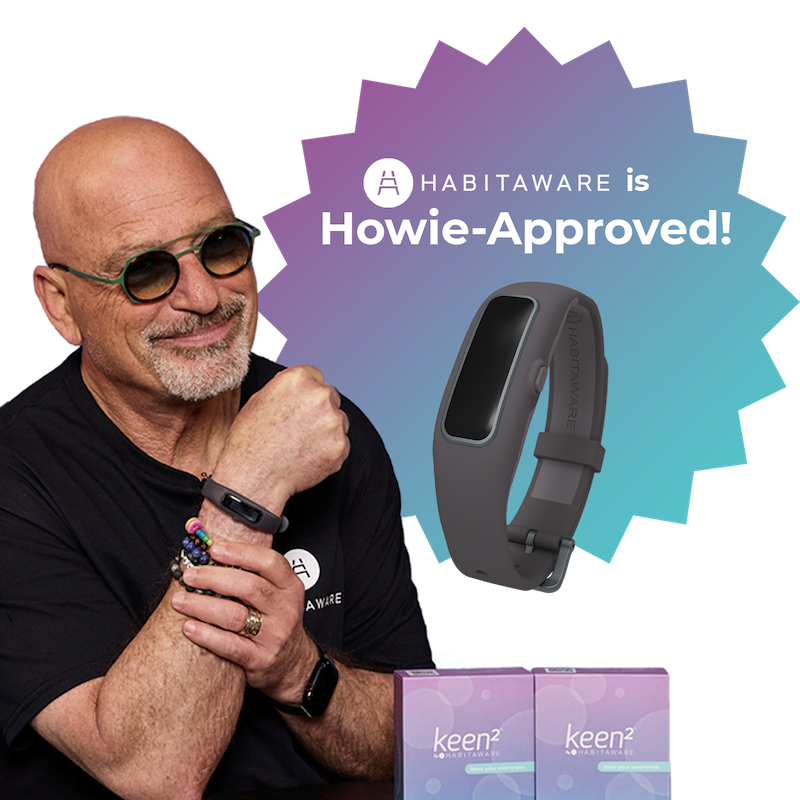It's powerful to feel like you can relate to people you see in media.
So who has talked about their trichotillomania publicly?
Olivia Munn

Olivia Munn has been open about having trichotillomania for awhile, explaining over 10 years ago that she has a problem with “ripping out my eyelashes,” and described herself as a woman who is “filled with anxiety.” Back then, Olivia didn’t say too much. In an interview with New York Daily News, she described it as “really annoying. Every time I run out of the house, I have to stop and pick up a whole set of fake eyelashes.”
That was 2012.
In 2025, Olivia has opened up further about her experience with anxiety, OCD, and her trichotillomania in the Armchair Expert Podcast with Dax Shephard. She even describes the experience of pulling out an eyelash:
“There’s a sensation… I feel like this eyelash is going to come out… and then you pull it. And there’s a quick second of pain, and then satisfaction, and then immediate regret.”
While Olivia didn’t go into what specific resources she uses for her trichotillomania this time, she talked a lot about her relationship with control and trauma, and how learning to advocate for herself helped her situation immensely.
Amy Schumer

Back in 2022, Amy Schumer released her Hulu show “Life & Beth,” a comedy-drama that spends the penultimate episode on the main character’s experience with trichotillomania. This was drawn from Amy Schumer’s own experience with trichotillomania.
“I thought putting it in there would be good for me to alleviate some of my shame and maybe, hopefully, help others alleviate some of theirs, too,” Schumer explains in an interview with The Hollywood Reporter.
She told Howard Stern that while she felt “ugly and unlovable” growing up, and still has “so much shame” about her hair pulling, the experience of being open and honest about it has helped her let go of some of that shame, allowing her to “accept” it as a part of herself.
Amy too doesn’t go into resources that have helped her–besides one that we see work for so many people, and that’s sharing the secret and talking about it openly.
D.W. Waterson

Whlie D.W. Waterson might not be a face you recognize at first, they are a writer and director. Their directorial debut was called Backspot, a 2023 film about competitive cheerleading.
One of the leading characters in this movie deals with trichotillomania, and the character is often scene with patchy eyebrows. In an interview with IN Magazine, D.W. Waterson said “I think trichotillomania is something that I’ve experienced and I’m very close with. I read somewhere that it’s like 50% of young women have experienced it, whether it’s picking of skin or hang nails or chewing on certain things. It’s what our bodies do to protect ourselves from overcompensating for the anxiety and the stress that we’re under.” They also said: “It was important for me to showcase that, and hopefully, it will start conversations with people.”
It’s beautiful to write what you know. The trichotillomania was just one part of how the stress of the competition showed. It wasn’t played up for drama, it wasn’t deeply explored, it was just another aspect of this character.
Backspot too didn’t have much to say about trichotillomania specifically, but it was a refreshing depiction!
Resources for Trichotillomania
These stories are all important. Celebrities talking about and depicting trichotillomania on these larger-scale productions break down stigma and help show that the people suffering with the conditions are just like everyone else. If you’re here reading looking for relatability in these stories, we hope you found it– but we don’t want to leave you with just that. We want to show you that there’s hope!
HabitAware offers a variety of resources for people with trichotillomania.
Body-focused repetitive behaviors can be difficult to understand, even for treatment providers! Read our quick guide on what they are.

Our Keen2 Smart Bracelet was created specifically with trichotillomania in mind, but also works for skin picking (dermatillomania), nail biting (onychophagia), and other body-focused repetitive behaviors. The subtle vibration brings awareness to your behavior and gives you the power to choose a healthier self-soothing strategy.
We offer Peer Coaching from our team members who have been there with body-focused repetitive behaviors, and can offer direct strategies catered to your specific behavior. Also, if it wasn’t clear from reading this blog, it’s incredibly helpful to talk about your experience with someone else!
Our online community for adults is not just a support group—it’s a process. Run by the same Peer Coaches who have spoken to thousands of people with BFRBs, we have seen what works and what doesn’t. Our BFRB Change Collective takes you through what you need to know to obtain BFRB freedom. If you do the work and show up, your relationship with your BFRB will improve.


